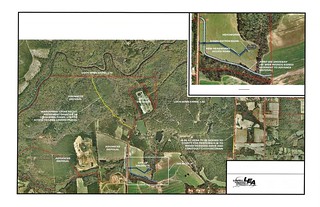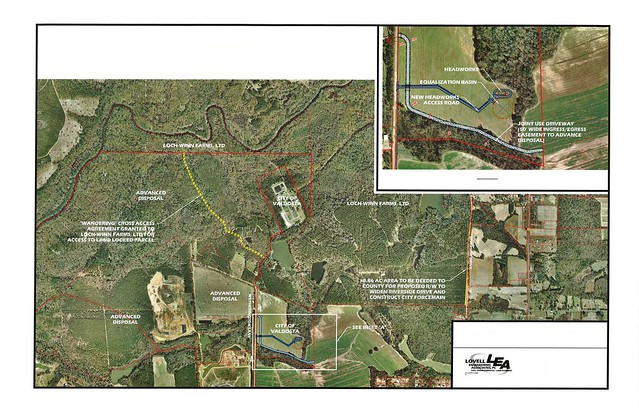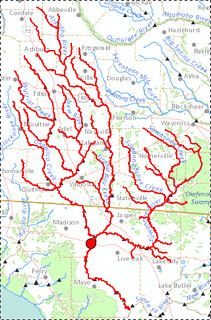More detail and issues with Bailey REZ-2014-16 after much discussion last time. Almost ten minutes on 6a. Juvenile Justice Delinquency Prevention. Numerous things incomplete or just FYI such as drug seizures in the financial report, none of which the citizens could see. This was in the Work Session Monday morning. They vote Tuesday 5:30 PM in the Regular Session.
 They
actually named the multiple bids for a water item,
unlike the
single-source price-not-quoted pump replacement last time.
And they’re buying some property (at some place unnamed)
for a booster pump.
They
actually named the multiple bids for a water item,
unlike the
single-source price-not-quoted pump replacement last time.
And they’re buying some property (at some place unnamed)
for a booster pump.
The Rural Land Agricultural Improvement Schedules was actually for Commercial land. We learned why Shiloh Road needs emergency repairs. Nothing about that on the new county Lowndes411 twitter account, and the county still doesn’t publish its own board packets.
I can understand why the Commission needs to approve a juvenile justice grant, a GEFA loan application, to accept quit claim deeds for a subdivision’s detention ponds, and to accept infrastructure for a subdivision, not to mention a CDBG agreement. But to replace batteries in a UPS?
See the agenda. Here are links to the videos of the items as they transpired this morning. Continue reading




















